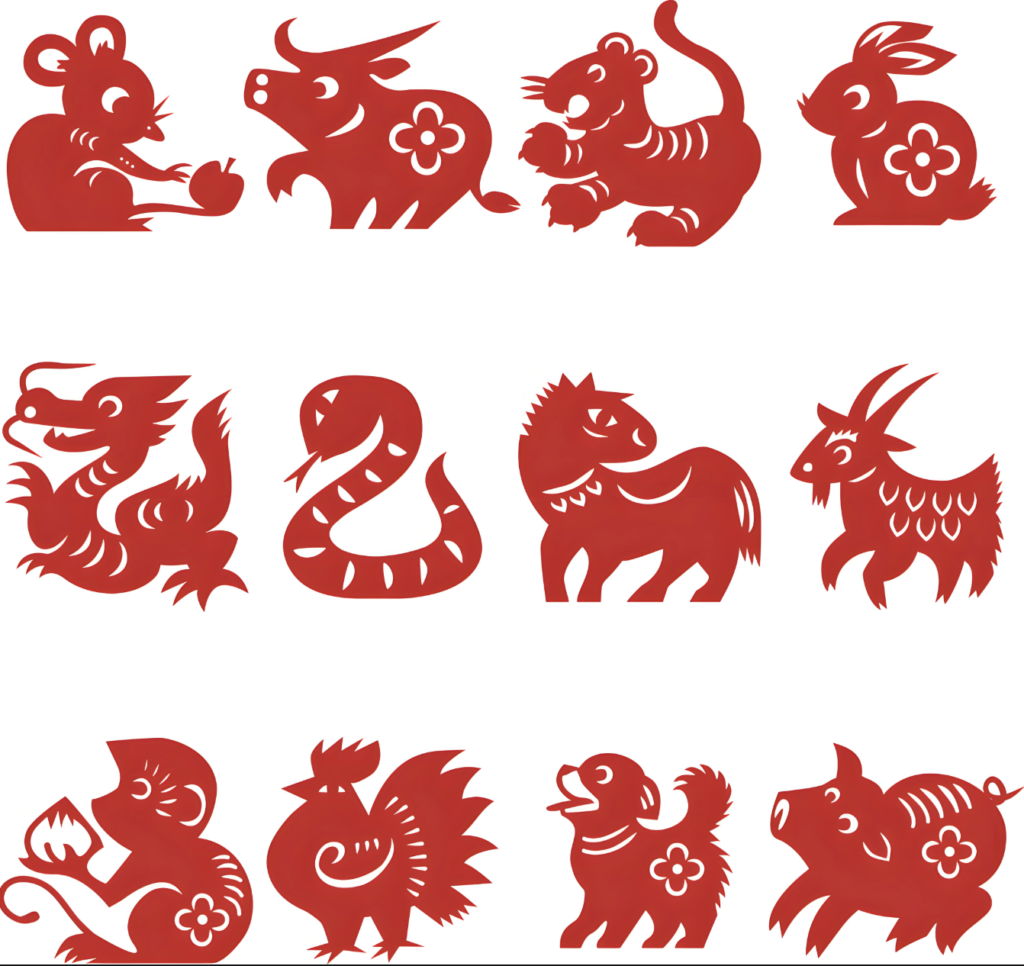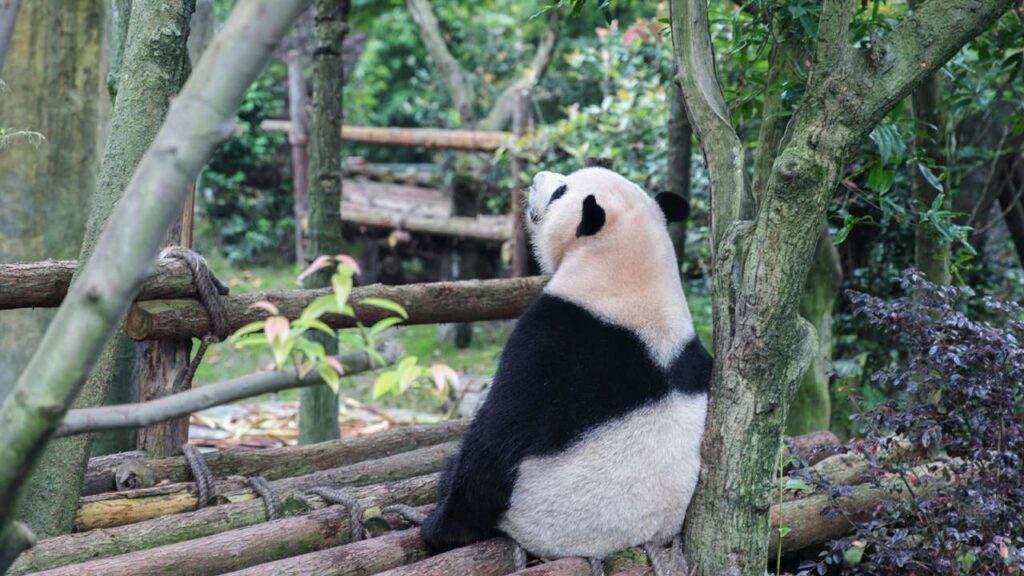Introduces the recent China’s economy from the perspective of an ordinary person at the end of 2023.
The world has not been very peaceful lately. Besides the long-lasting Russian special military operations and the Gaza conflict that killed and injured countless innocent lives, we can see “bad” news from all over the world every day.
We can probably anticipate that Japan might go down a path of militarism, or it might repeat the fate of 1945.
Many foreign friends might be more interested in what’s happening in China recently. After all, many big media outlets usually only have articles with the same tone, and the gains after reading them might not be as good as a cup of milk tea or coffee.
Real Estate of Recent China in Severe Pain
Speaking of China’s current economic situation, we have to mention real estate.
In the past twenty years, the booming real estate industry has promoted the rapid development of China’s internal economy. But now, under the guidance of the government, ordinary people have become somewhat silent about real estate. In Shenzhen, the core city of the Greater Bay Area, the listing prices of most properties have dropped by 20-40%; in Chengdu, the central city in the west, the prices of some relatively remote properties have also dropped significantly. Then, except for the buyers who have just needed, most people no longer pursue buying properties.
As a result, it is more difficult for new houses to return funds, and second-hand housing transactions also continue to be sluggish. More importantly, the industries attached to the real estate industry, such as decoration, home appliances, intermediary services, etc., are also somewhat depressed.
I recently interviewed a few younger brothers and sisters who are about to graduate and enter the workplace. They are in their 20s and are the future of our country. Although they are willing to work and live in first-tier cities, they all feel that the housing prices there are too expensive, and they prefer to buy properties in strong second-tier cities with relatively low housing prices.
Housing prices not only affect the economy but also bring many problems to urban development, population mobility, fertility rate, etc.
But there is an old saying in China, when a whale falls, everything lives. I think most people can still understand the government’s overall measures from their hearts and endure the pain.
The Immature Secondary Capital Market of Recent China
About the Secondary Capital Market Chinese stock investors think they might be the most miserable investors in the world in 2023, and even call China’s A-share market “cancer stocks” or “Myanmar A”, meaning cancerous stock market or Myanmar-style scam stock market (in mainland China, almost everyone knows that many online and phone scams are from Chinese people living in Myanmar).
I am very “proud” of having a small amount of observation stocks and witnessing the amazing phenomenon of the secondary capital market of the world’s second-largest economy. It seems that foreign capital is not optimistic about China’s economy, nor is domestic capital, state-owned capital does not care (does not value the performance of the capital market), and wanderers are only responsible for short-term speculation and quick cashing. From another perspective, China’s secondary capital market is still very immature, and this immaturity is reflected in both the width, depth, and flexibility of the regulatory layer’s management, and the speculative mentality of the participating players. The so-called “value investing” in the A-share market has become a joke (at least in 2023). This road may be longer and more distant than the transformation of the industry from steel and cement to innovative technology.
The Three Engines of the Recent China Economy
The often-mentioned three engines of the economy are investment, export, and consumption. Under the influence of real estate, the central government has become more cautious about government investment behavior under the passive change and demand of the economic development mode. Apart from some specific ones such as around the Belt and Road and other major policies, large-scale infrastructure construction is unsustainable from both the demand and the requirements. China’s urbanization rate is not low, and local government-led investment has also been suppressed by the central government.
I am not a civil servant, but I have a simple understanding that many local governments are not having a good life, especially the provinces and cities that are relatively backward in economic development. Work harder, pay lower, and less welfare. This is not a healthy state, but taking this opportunity to stimulate the wisdom and potential of the government management level is not a bad thing. But the bad thing is that it may increase the risk of grassroots Quite Quitting.
Exports are also affected by the global economic situation and the Sino-US rivalry. China’s export trade value to Russia has increased significantly, but it seems that exports to other regions and countries are declining. This kind of single large customer is a risk in business operations, let alone for a country.
From the government’s perspective, the risks may come from the three parts: local government debt, the bankruptcy of rural banks, and real estate. From the perspective of ordinary people, the risks may come from unemployment or income decline caused by policy changes and economic downturns, which leads to a lack of confidence. This lack of confidence also directly affects daily consumption.
The Daily Life of Ordinary People in Recent China: Adapting and Worrying
I noticed that some high-end seafood restaurants are transforming, and communicated with one of the local largest seafood restaurant owners. He thinks that Japan’s discharge of nuclear waste water will have some impact on the niche market; what is even more surprising is that his chosen direction of transformation is actually to focus on cost-effective fast food. I believe that all the pressures faced by high-end catering, in addition to the lack of confidence in economic development and consumption, are also partly due to the central government’s integrity requirements for civil servants across the country (before this, this may be a more common way of strengthening communication between the market and power). But for most urban residents, local specialty and well-known low-end catering are still crowded, and even many popular snacks have high-priced products that are very popular. People tend to want to meet the needs that are acceptable in price, short-term, and immediate. This is consistent with the “lipstick effect” description.
In the city where I live, there are many business districts, and the first floor of the large shopping malls in the business districts are the resident places of international first-class brands. But shoppers are reduced. Compared with similar outlets and other shopping malls with discounts and cost-effectiveness as their characteristics, they relatively maintain a more abundant flow of people.
Most of the enterprises are shrinking, resulting in the direct performance of financial layoffs and salary cuts. The layoffs of large private Internet companies are no longer news; although there is no widespread publicity of salary cuts for state-owned enterprises, there are undercurrents; the closure or layoffs of small and medium-sized enterprises may be yet to come.
Therefore, in the eyes of most ordinary people, the economic winter is coming, but when the winter solstice (the solar term in Chinese traditional culture, representing the coldest stage) comes, maybe everyone is not clear.
It is worth mentioning that most of the ordinary people in China have extremely strong endurance, which is a result of the accumulation of Confucian culture for thousands of years. For the government, the Chinese people may be the best in the world. This kind of thinking not only penetrates the blood of every ordinary person but also reflects the will of the central high level. The content refinement of the central economic work report also focuses on the words “seeking progress while maintaining stability”, “promoting stability through progress”, and “establishing the new before abolishing the old”. It may not be easy for foreign friends to understand, so we will explain it a little bit more.
“seeking progress while maintaining stability”, “stability” is the foundation, the focus is “stability”, “progress” is only the pursuit, after all, the pursuit of things may not be realized;
“promoting stability through progress”, “stability” is the result, is the purpose, and “progress “Here becomes a means or a method.
“Establishing the new before abolishing the old”, try new methods first, only to ensure that the new methods are reliable, controllable, and stable, and only then can the old methods be eliminated.
Can you see the meaning that I want to express here? If my content can help you understand the real recent China a little bit, I will be very happy and gratified.
How to know the real facts about China?
Read more about recent China, Some stereotypes and old-fashioned content will blind you.










3 thoughts on “Recent China’s Economic – An Ordinary Person’s Perspective”
Great article! I appreciate the clear and insightful perspective you’ve shared. It’s fascinating to see how this topic is developing. For those interested in diving deeper, I found an excellent resource that expands on these ideas: check it out here. Looking forward to hearing others’ thoughts and continuing the discussion!
This article was a real eye-opener! The author’s perspective on this topic is quite refreshing and thought-provoking. I’m curious to see how others feel about the points made here. What are your thoughts?
Great read! I appreciate the thorough analysis presented. The examples really helped to clarify complex concepts. Does anyone else have additional insights or experiences to share on this topic?